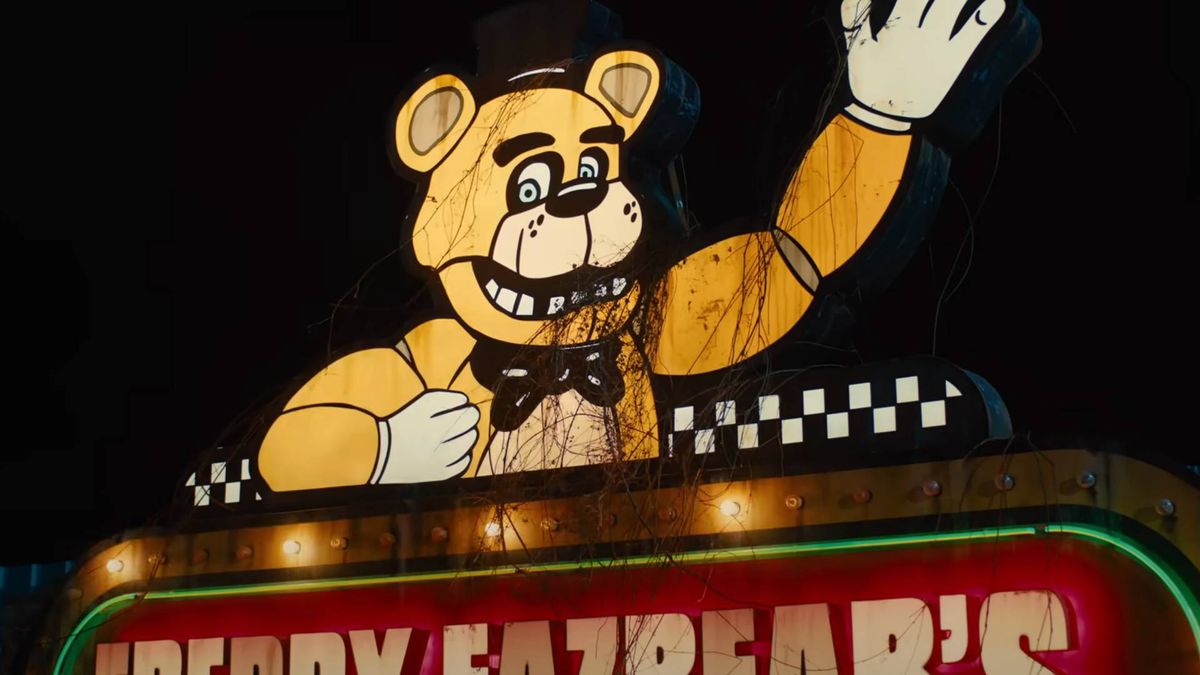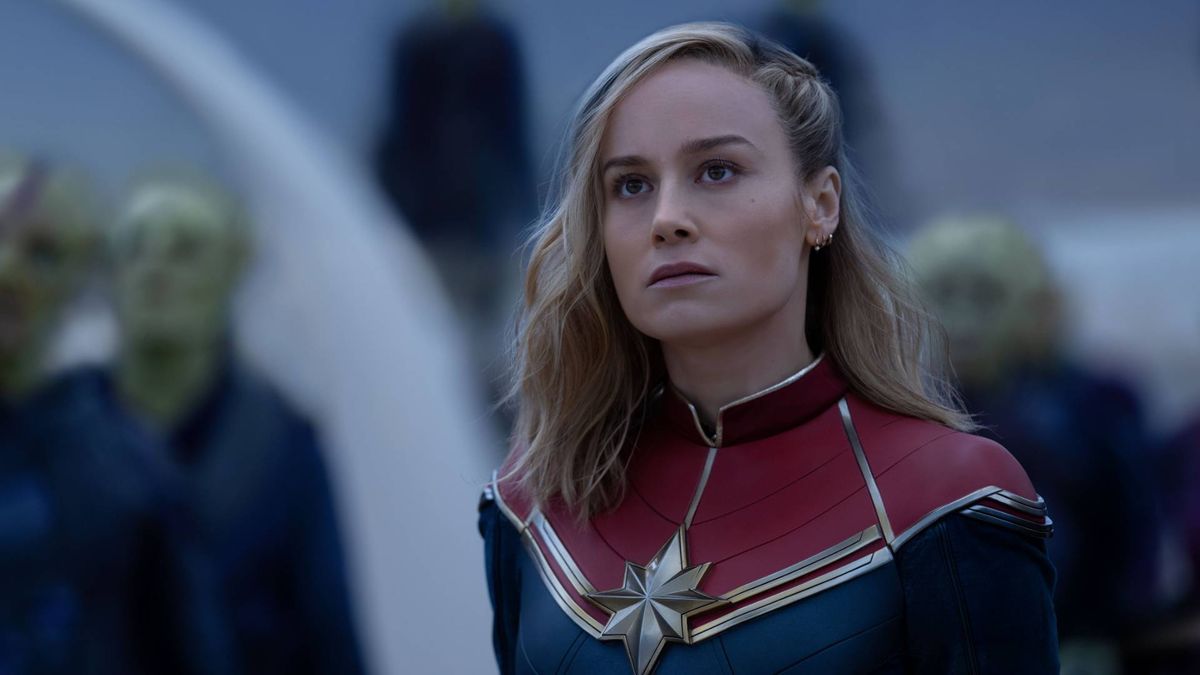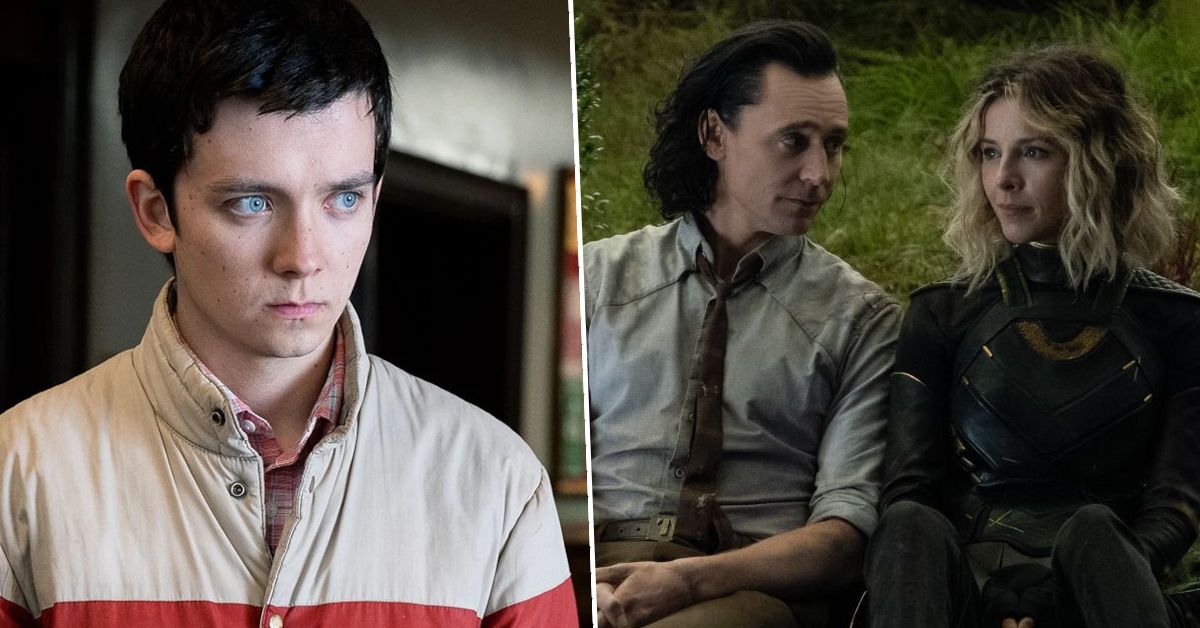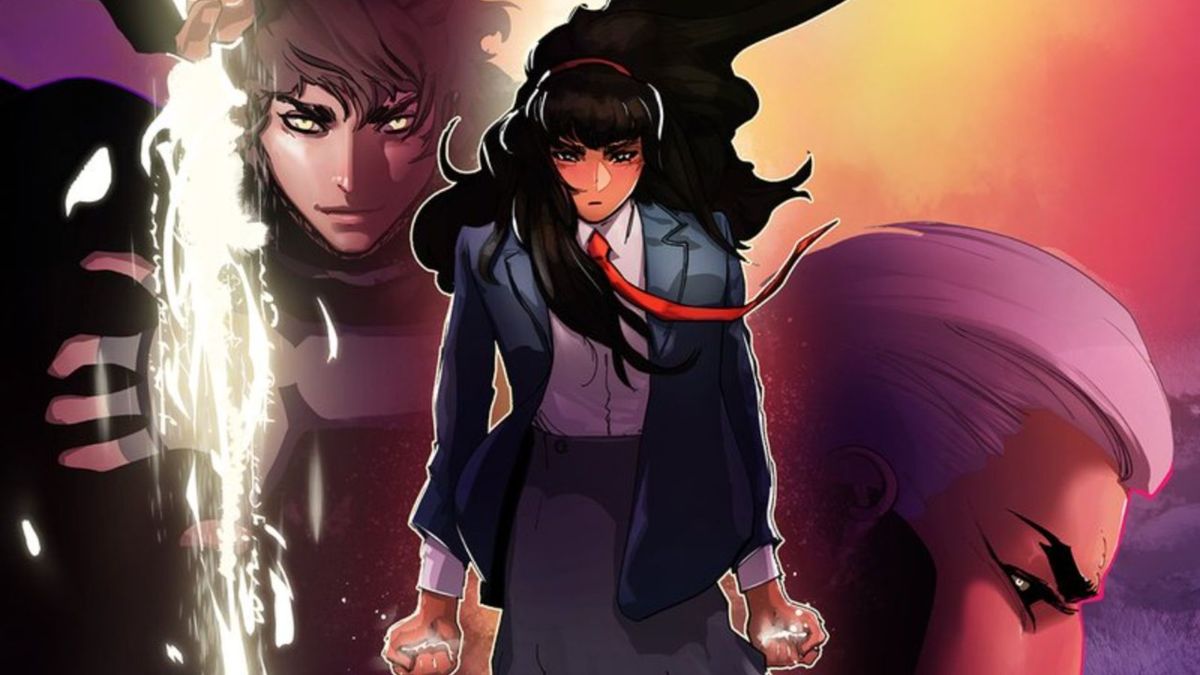Christian Bale’s Gorr the God Butcher, the main villain of Thor: Love and Thunder, is a “monster,” according to the actor. And if he’s anything like his comic book counterpart, that’s almost certainly an accurate description for the next big MCU villain.
While Gorr the God Butcher isn’t a household supervillain name like Lex Luthor, The Joker, Doctor Doom, or Thanos, he is a very well-regarded character from the beginning of a critically-acclaimed Thor run.
Described as a “galactic killer” by Marvel Studios, like his comic book inspiration, Gorr seeks the extinction of the gods.
Thor (whose “retirement” is interrupted by Gorr), is joined by King Valkyrie, Korg, and his ex-girlfriend Jane Foster now wielding Mjolnir as the Mighty Thor on a “harrowing cosmic adventure to uncover the mystery of the God Butcher’s vengeance and stop him before it’s too late.”
What does that all mean? As cosmic scholars of Asgardian lore and legend, we here at Newsarama have everything you need to know about the villainous Gorr – who more than lives up to his nickname the ‘God Butcher’ – including his origins, his powers, and even his surprising (but tenuous) connection to Spider-Man’s arch-enemy, Venom.
Who is Gorr the God Butcher?

Gorr the God Butcher was created in 2012 by Jason Aaron and Esad Ribic in the opening arc of their Thor: God of Thunder (opens in new tab) title. Born over 3000 years ago on a planet with no name, Gorr’s early existence was one of pain and hardship.
The weather conditions of Gorr’s planet made his people nomadic, moving from place to place to find shelter and forage for whatever food they could find. The sun beat down on them day after day while they fought off starvation, exhaustion, dehydration, and the fauna that constantly threatened their existence. They trusted their gods to provide – but they rarely (if ever) did.
Though Gorr’s mother and father died when he was young, he maintained the way of life that they had taught him, growing older and raising a family of his own. But the harsh environment made it hard for the children to survive and an earthquake took the life of his pregnant partner, Arra, and the subsequent death of his last remaining son, Agar, would push Gorr to his breaking point, wishing for a world without gods because gods had never provided him with anything – they had only taken it away.

(opens in new tab)
The rest of his tribe cast out the now heretic Gorr. But while wandering the desert in exile, Gorr’s prayers seemed to be answered. Two apparently divine beings crashed down upon Gorr’s homeworld – suddenly seeming to prove to Gorr that gods did indeed exist after all.
One armored in black, the other in gold, the pair seemed to have fallen from the sky while locked in combat. Facing defeat, the one clad in gold reached toward Gorr, asking for help. But Gorr refused, with his anger toward the gods attracting the power of the black-clad being’s weapon, a mighty sword of amorphous black energy (more on this sword later – it’s kinda important).
Bonding to Gorr, the mysterious black blade allowed Gorr himself to strike the deathblow on the god in gold, and finally gave him the all-powerful means to exact his bloodthirsty revenge on every single divine being in the Marvel Universe – including, eventually, the mighty Thor.
Gorr the God Butcher in the Marvel Universe

After killing incalculable numbers of gods from across the cosmos, Gorr’s thirst for vengeance eventually leads him to Earth in the distant past, where he continues his quest to murder every god in existence by taking down various gods from several Earthly pantheons – finally attracting the attention of Thor himself as well as the thunder god’s human Viking companions.
Thor and Gorr clash, with Gorr taking Thor hostage and torturing him for weeks. In the end, however, Thor’s companions rescue him, with Thor using the Asgardian ax Jarnbjorn (itself known as the Wrecker of Worlds) to sever Gorr’s arm in the process of his escape – leading to Gorr’s amorphous black sword to bond even more fully with him and take the place of his arm.
Realizing he needed much more strength to take down the gods of Earth, whose power significantly outclasses those of his previous victims, Gorr heads to a place known as Chronux, the Palace of Infinity, from which he can traverse across all of time and space.
Traversing the timestream, Gorr assembles the pieces of what he calls a ‘Godbomb’ with the power to wipe out all divine beings in an instant.
Kidnapping a being known as Shadrach, the god of bombs, Gorr takes the Godbomb components and his captive to the far future, where a much older incarnation of his ancient enemy Thor rules over a ruined and dying Asgard.

(opens in new tab)
As Gorr uses up the Asgardians of this era as a resource for his black blade, the weapon grows ever stronger, allowing him to take down three different versions of Thor – the young god he once faced, the mainstream Avenger Thor, and Old King Thor, the aging leader of the future world where Gorr built his bomb.
Gorr is even able to magically revive his dead wife and son Arra and Agar. But in this act of creation, even as Gorr reaches the pinnacle of his power, the magically created facsimiles of his family actually turn on him, taking Gorr’s own fundamentalist hatred of the gods to a new level by branding Gorr a god due to his newfound power.
In anger, Gorr strikes down Arra, leading Agar to flee and seek out the mainstream Thor, who finally faces Gorr down and defeats him by absorbing the entirety of the Godbomb’s explosion through the power of dual-wielding both his own Mjolnir, and the Mjolnir of the future – and thus is Gorr destroyed, and his dire weapon seemingly lost.
In his last moments, Gorr vocalizes something that strikes true to Thor’s heart on some level, telling him “All you’ve brought this universe is misery. Gods didn’t create mankind, but someday, if they’re not stopped… they will end it. Mark my words.”
This would set Thor on the path to becoming unworthy of wielding Mjolnir, eventually allowing Jane Foster to take it up and become Thor (as she’ll do in Thor: Love and Thunder) in his place
All-Black the Necrosword

At the same time, however, it turns out Gorr was not gone forever, with his essence residing in the weapon he once wielded. And speaking of the sword itself, following Gorr’s apparent death, it’s revealed that the blade has a name and a dark origin with ties to a totally different Marvel mythos.
As it turns out, the blade is actually ‘All-Black the Necrosword,’ a powerful divine weapon created and originally wielded by none other than the evil being known as Knull, the god of the Klyntar, AKA the alien symbiote race to which Venom belongs. This means that one of Thor’s ultimate enemies is directly tied to the world of Spider-Man and Venom – at least in comic books.
As for the returning Gorr, the tale of his defeat is told in Jason Aaron’s departure from the Thor franchise, King Thor (opens in new tab), in which Loki bonds with the Necrosword in the far-future, facing off with Old King Thor in a final showdown for the ages.
The Marvel Cinematic Universe has its share of powerful artifacts, from the Infinity Stones to the Book of the Darkhold, and many more. Considering All-Black’s comic book history continues well after being wielded by Gorr, there’s a likelihood that the weapon could continue on even if Gorr himself doesn’t.
Speaking of which…
Gorr the God Butcher in the MCU

With that much mythos and history behind him, it’s unlikely Marvel Studios will try to tell the entire Gorr saga through Christian Bale’s Thor: Love and Thunder portrayal, but his inclusion as the story’s apparent main villain directly sets the stage for Jane Foster to pick up Mjolnir.
We’ll likely get to see Gorr tear some MCU gods apart, as actor Russell Crowe is playing Zeus of the Olympian gods, himself perhaps an impending victim of the God Butcher.

(opens in new tab)
But what’s next for Gorr after Thor: Love and Thunder, if anything? In comic books, Gorr has so far been more or less a one-off villain whose legacy in Thor’s mind and his weapon All-Black the Necrosword are far more prevalent than the villain himself after his defeat.
There’s always the chance that he’ll return – director Taika Waititi says Gorr is quite popular among audiences and the Thor franchise has a history of turning villains into leading men a la Loki. And there’s the perhaps even more likely possibility that All-Black the Necrosword could stick around – don’t forget that Dane Whitman, played by Kit Harrington in the Eternals, is now set up to become the Black Knight wielding his own Ebony Blade. Could there be some connection there?
We’ll have to wait and see when Gorr’s fate is revealed in Thor: Love and Thunder in July.
The saga of Gorr the God Butcher ranks among the best Thor stories of all time.
 Games News games, movies and TV you love.
Games News games, movies and TV you love.



